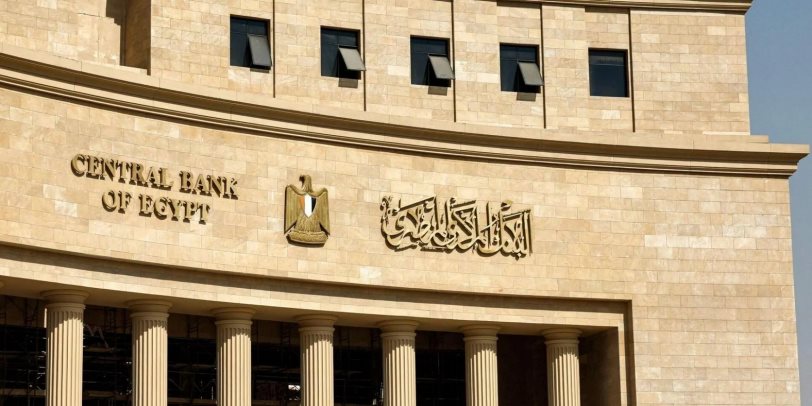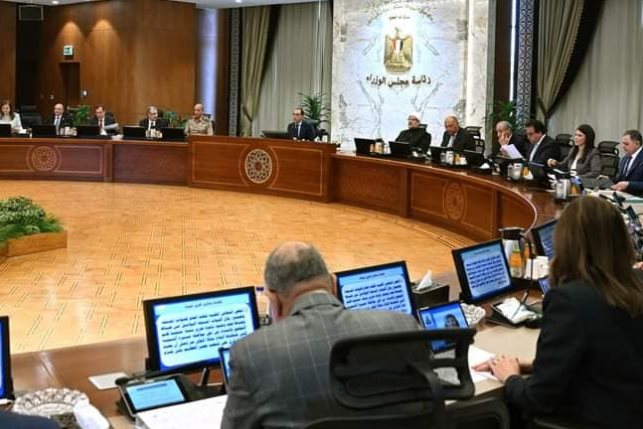Egypt’s external debt rose to $129B in Q2 of FY2020/2021, $125.3B in Q1: CBE
Egypt’s total external debt increased in the Q2 of FY 2019/20 to reach $77.2 billion, up from $73.1 billion in the Q1 of FY2020/2021 and $69.3 billion by the end of FY2019/20

The second quarter of the current fiscal year (FY2020/2021) saw Egypt’s external debt increase to $129.1 billion, states recent data published by the Central Bank of Egypt (CBE).
The first quarter of the fiscal year, ending later this month, recorded $125.3 billion and $123.4 billion by the end of FY2019/2020.
Egypt’s total external debt increased in the Q2 of FY 2019/20 to reach $77.2 billion, up from $73.1 billion in the Q1 of FY2020/2021 and $69.3 billion by the end of FY2019/20.
Total long-term debt increased in the Q2 of FY2020/21 to reach $117.2 billion, up from $113 billion in Q1, while total short-term debt declined to $11.9 billion in Q2, down from $12.3 billion in Q1.
The government’s total short-term external debt stands at $2 billion in the Q2 of FY2020/21, which is the same level of the Q1 of the fiscal year, according to the CBE.
Domestic liquidity rose by the end of April to record LE 518.4 billion, up from the LE 5.1 trillion posted by the end of March and LE 4.9 trillion recorded by the end of 2020.
CBE data showed that Egypt’s net international reserves (NIRs) recorded $40.3 billion by the end of April, recording the same level as March, up from $40.2 billion posted by the end of February.
This included an increase in total gold reserves by the end of April to reach $4.1 billion, up from $3.9 billion by the end of March, according to the CBE.
By the end of April, foreign currency reserves posted $36 billion, the same level recorded by the end of March, according to the CBE.
Previously, the CBE said that the pandemic has caused the sharpest portfolio flow reversal on record for emerging markets, including the Egyptian market.
Accordingly, Egypt’s NIRs dropped significantly to $36 billion in March 2020, down from its record of $45 billion posted prior to the pandemic.
NIRs started to bounce back for the first time since March, rising to $38.2 billion in May 2020.
The CBE’s Monetary Policy Committee is expected to hold its next meeting on 17 June to review the key interest rates.





